Celebrating the Cherries
The news of the Syrian refugees crossing the boundaries of East European countries, waiting in endless queues for a safer and better life, is continuously reported in the international news. However, hearing of the queues reminds me of my tour around the Balkan area this summer, where surprises occurred all the time while I was waiting to pass through the customs. After spending more than three hours on the second-class highways in Macedonia, we finally arrived at the customs in Bulgaria. Everything went well until we noticed an unexpected car butt into the line: sitting inside the car was the mayor of the city Kyustendil who was just back from promoting the Cherry Festival in surrounding cities. We didn’t let him cut in line and eventually he shrank back, apologized, and asked us to tour around the annual event -- something that is hard to imagine happening in any Chinese city. We were planning to go straight north to Sofia, but we decided to take the mayor’s advice instead: we planned to explore what’s going on in Kyustendil and enjoy the party. Each year the town of Kyustendil hosts the Cherry Festival at the end of June. This is the region where the best-quality cherries are produced and people are impatient to see well-ripened cherries, as they are regarded as heralds of summer and the gate that leads to fertility in the whole Kyustendil region. It is hard to imagine such a tiny city has long been known as Bulgaria’s fruit garden. On the way from the parking lot to the crowded city center, we saw lots of kids dressed in national costumes that are naturally dyed in indigo blue or rich red with elegant patterns. Also, there were people grabbing different kinds of cherries in huge plastic bags heading towards the parking lot. Bulgarian folk music was in the air and everyone seemed to be having a good time even as they walked. Finally we jostled through the crowd to the entrance which was a typical European city square, where there stood a board stating, “The first national fruit-growing exhibition was launched in 1896." More than 30 varieties of cherries were shown around the exhibition booths, some were made into vivid crafts, featuring characters such as animals, Christians in Orthodox styles, and flowers, while others are simply for sale. It was the first time that I had seen so many kinds of cherries in rich yellow, bright orange, intense red, and even dark purple, which considerably increased my appetite. Every year, people there vote for the best decorations. A lot of farmers dress in fancy hand-made costumes with hair accessories full of breeds and flowers, and decorate their booths with cute and adorable knick-knacks and animal-shaped clay crafts in order to get votes. People at the festival were enthusiastic and hospitable, and many had rarely seen Chinese people before and were excited to see us Chinese tourists. There were also people dressed in traditional clothes singing and dancing merrily in the squares and streets. I love seeing all the arts and crafts and the ornate paintings of orthodox-styled Jesus. After picking a whole bag of cherries I gave one of the shopkeepers two euros but he rejected my payment at once; however, since I felt guilty for not paying and trying so many types, I still paid one euro. Later I realized I had paid too much because I bought another kind of cherry on the opposite side of the street whose price was one euro for a kilo. It was rather incredible because cherries in Chinese supermarkets are extremely expensive compared to them. In Shanghai, we usually pay hundreds of renminbi only to get a box of cherries while it seems that we are able to buy a car of cherries in Kyustendil at the same price. After spending an hour in the square, we decided to leave for Sofia as scheduled. Though it was just a delightful interlude in my 23 days’ Balkan trip, it was by no means an easily-forgotten conventional scenic spot.
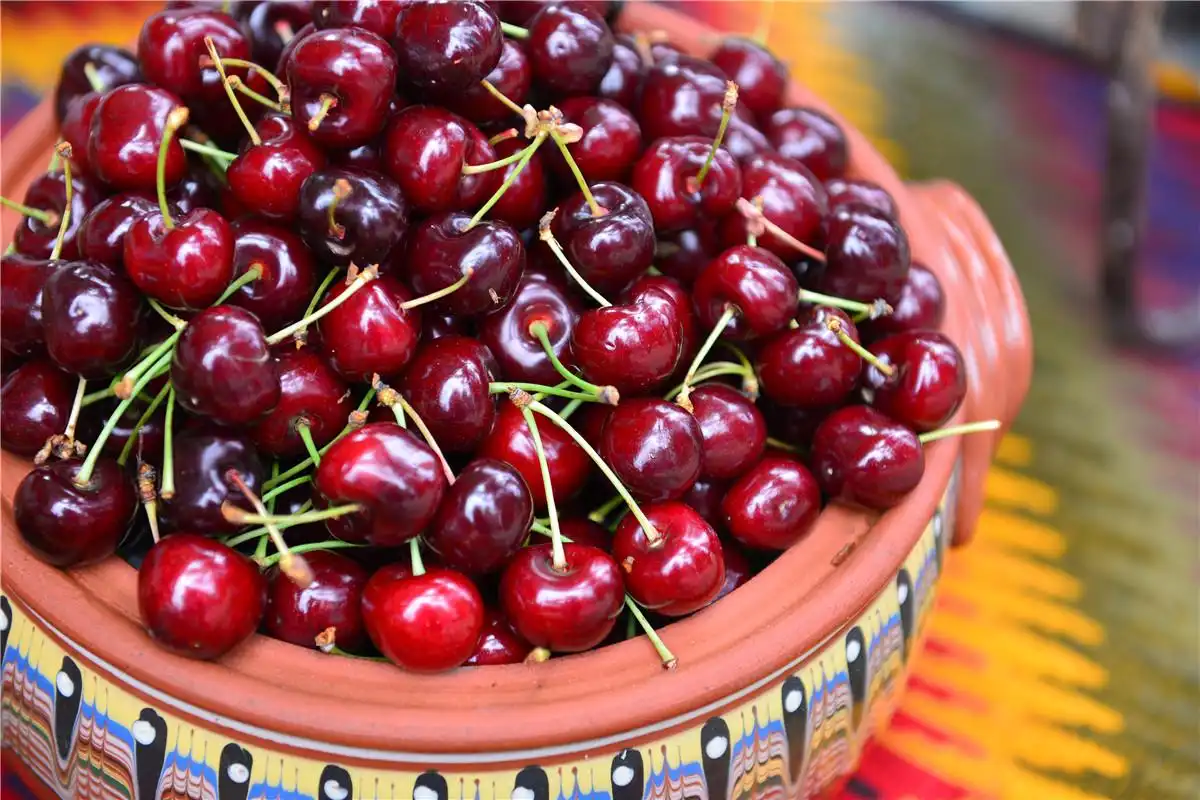
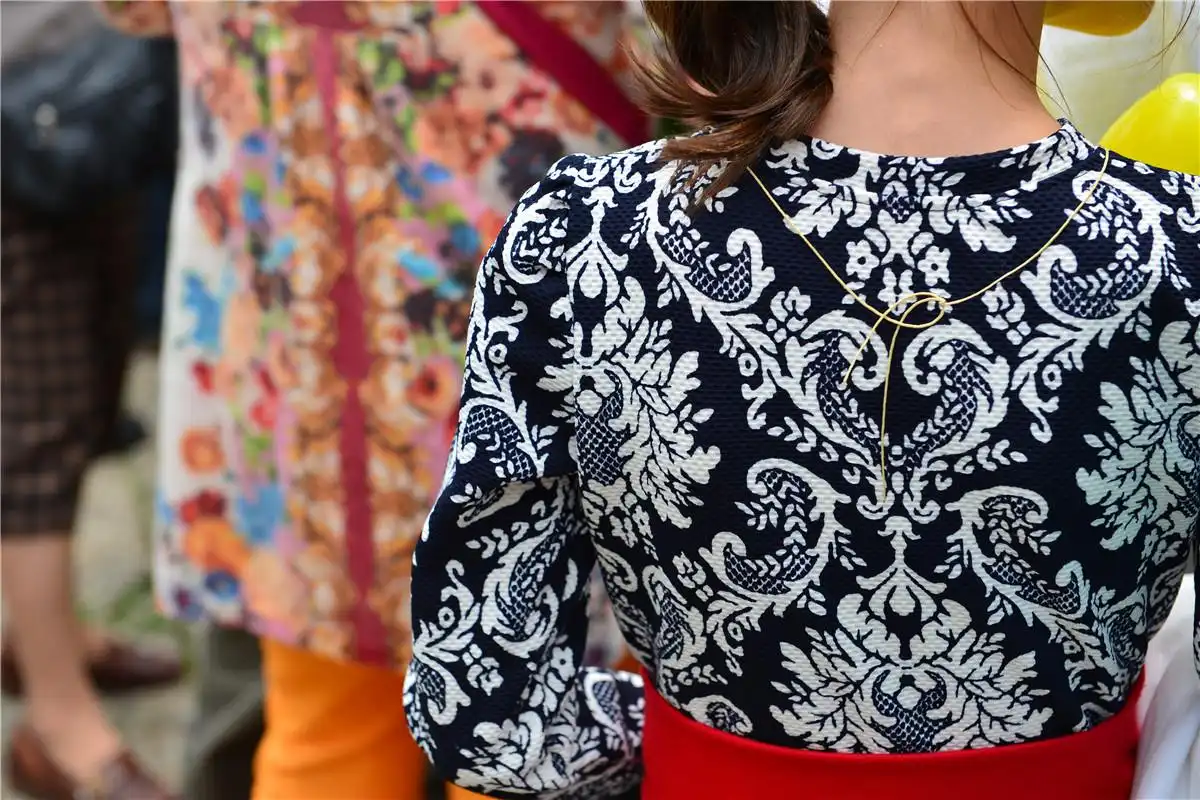
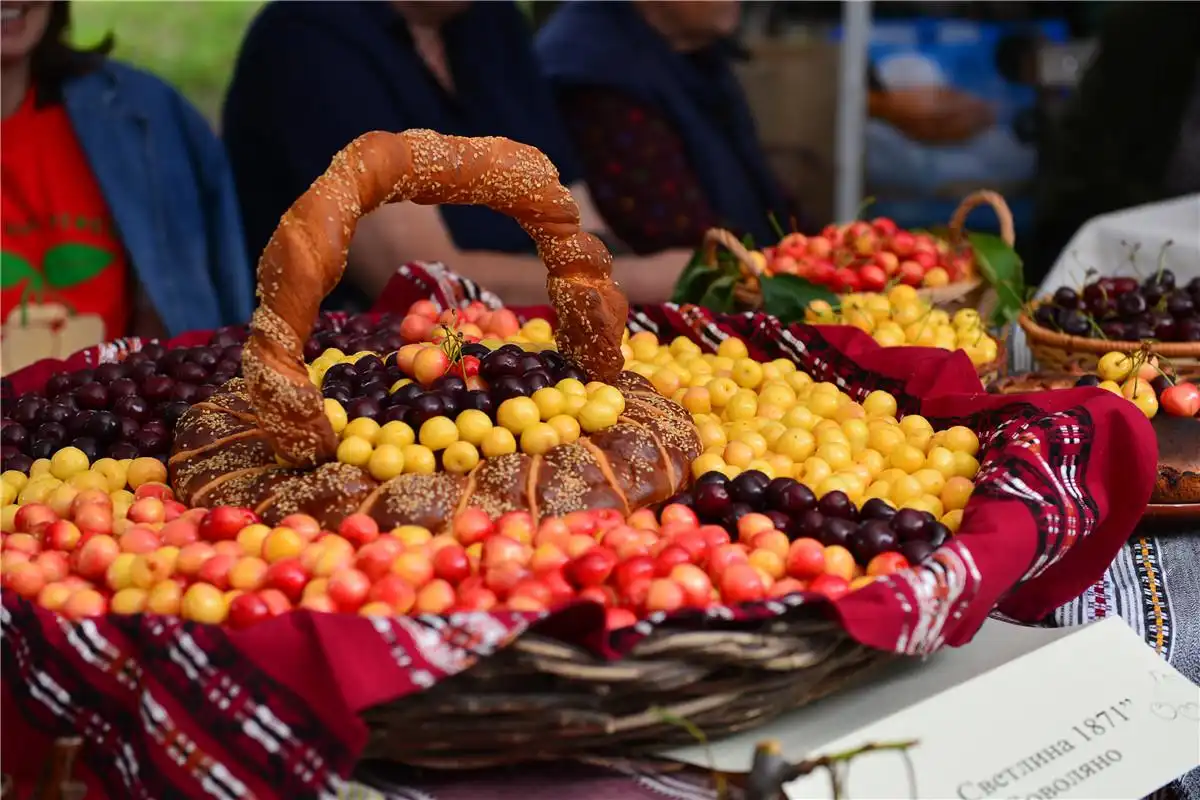
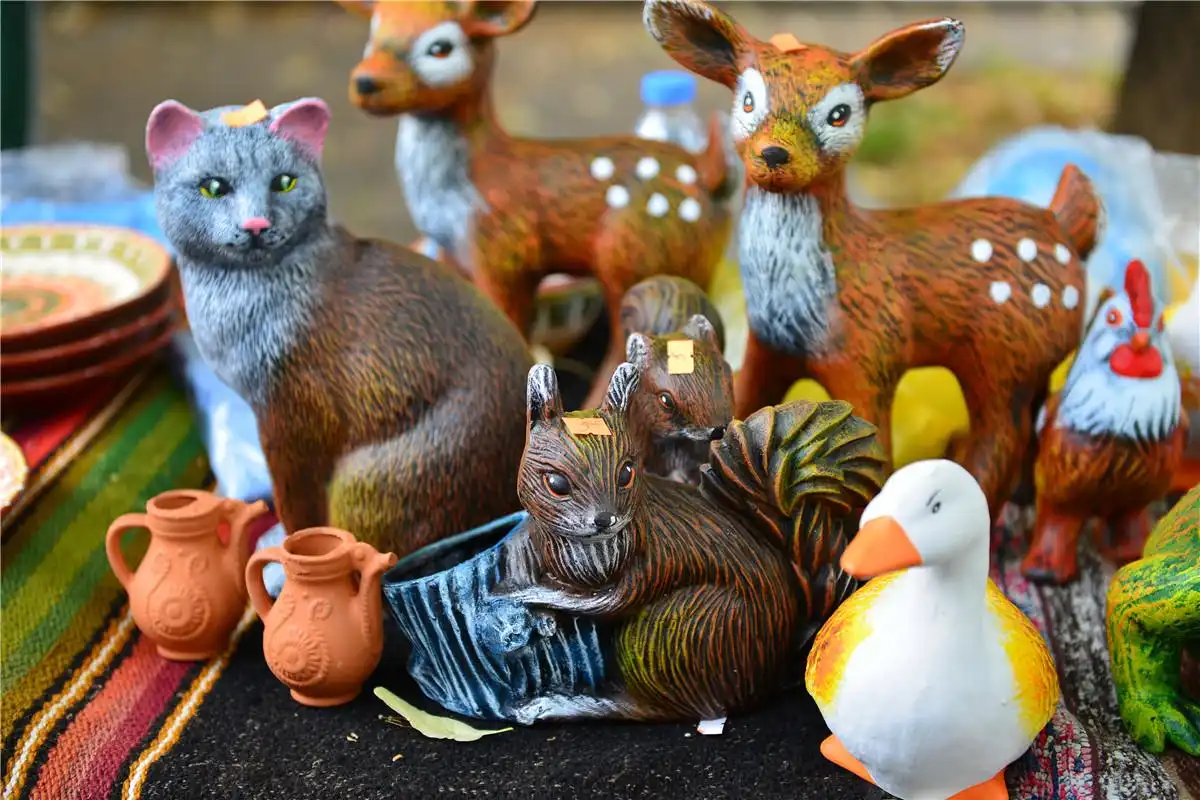
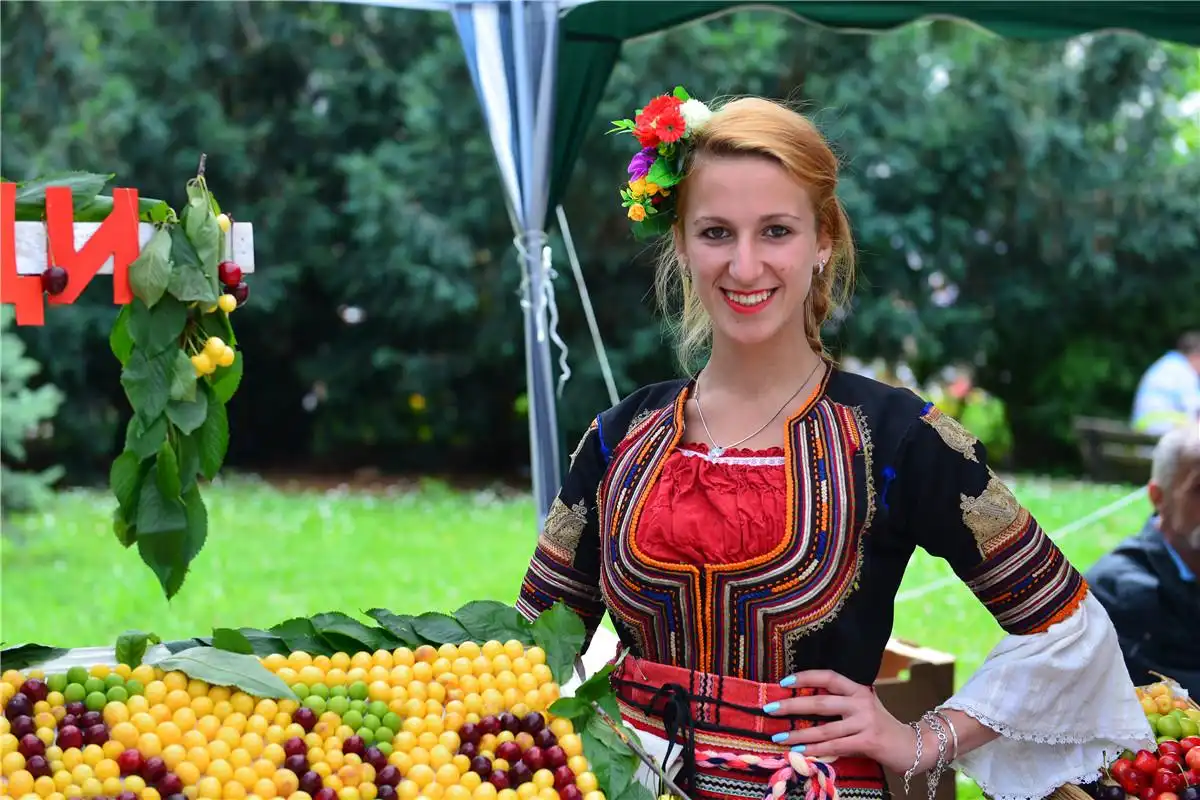
This article was written by Jasmine Zhu. Send an email to managing@oncenturyavenue.com to get in touch. Photo Credit: Jasmine Zhu